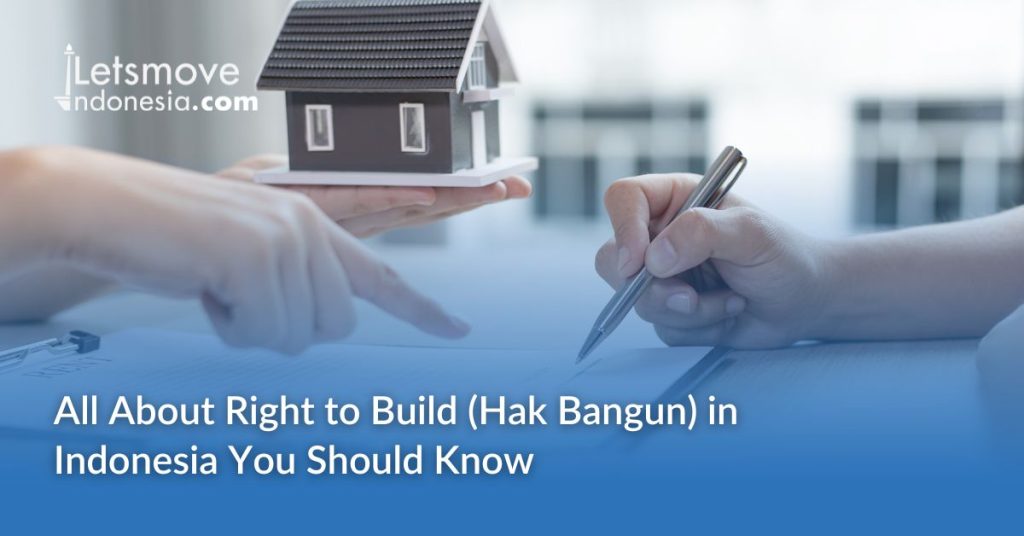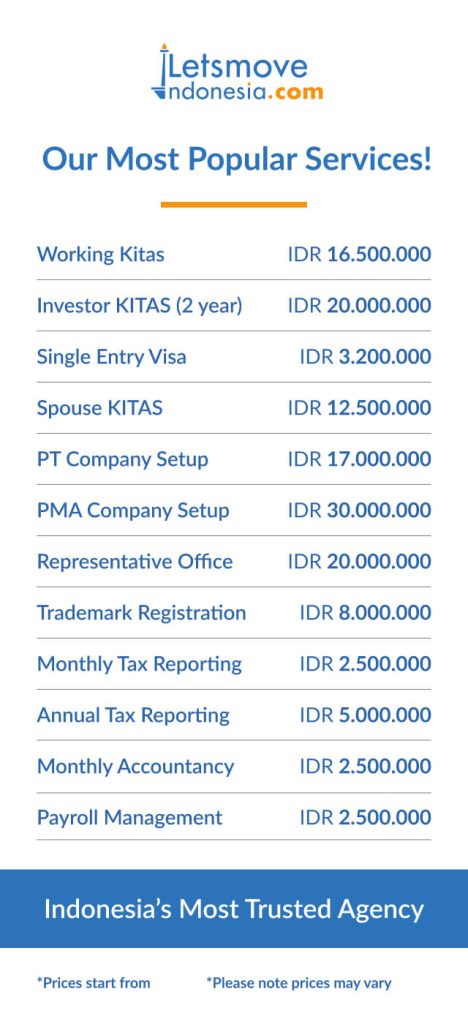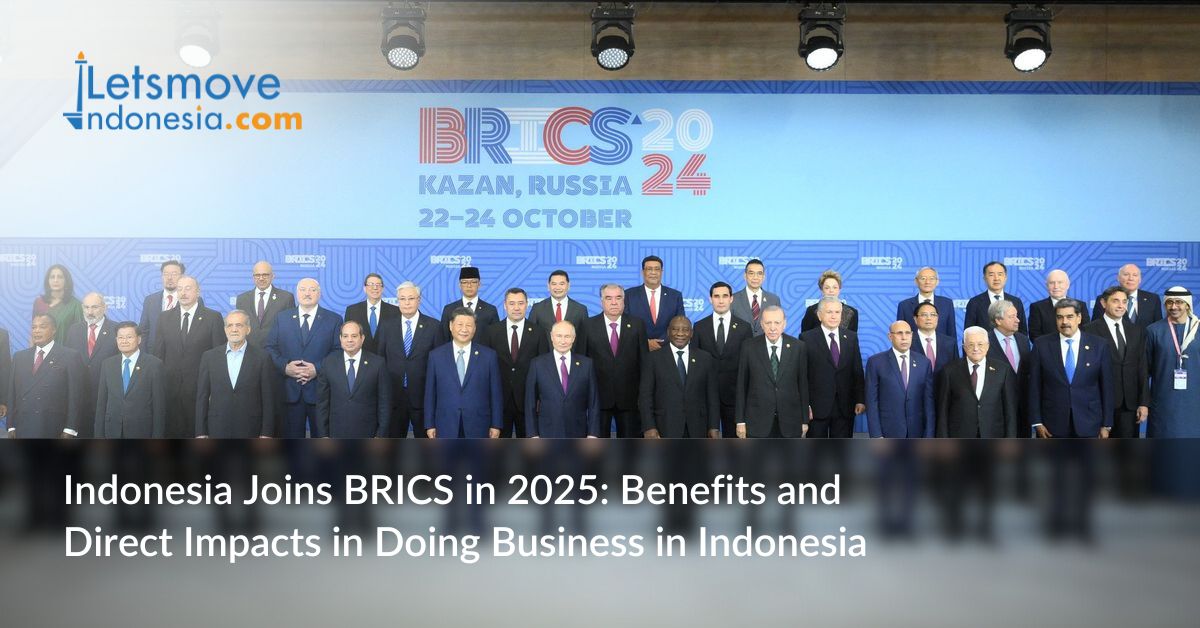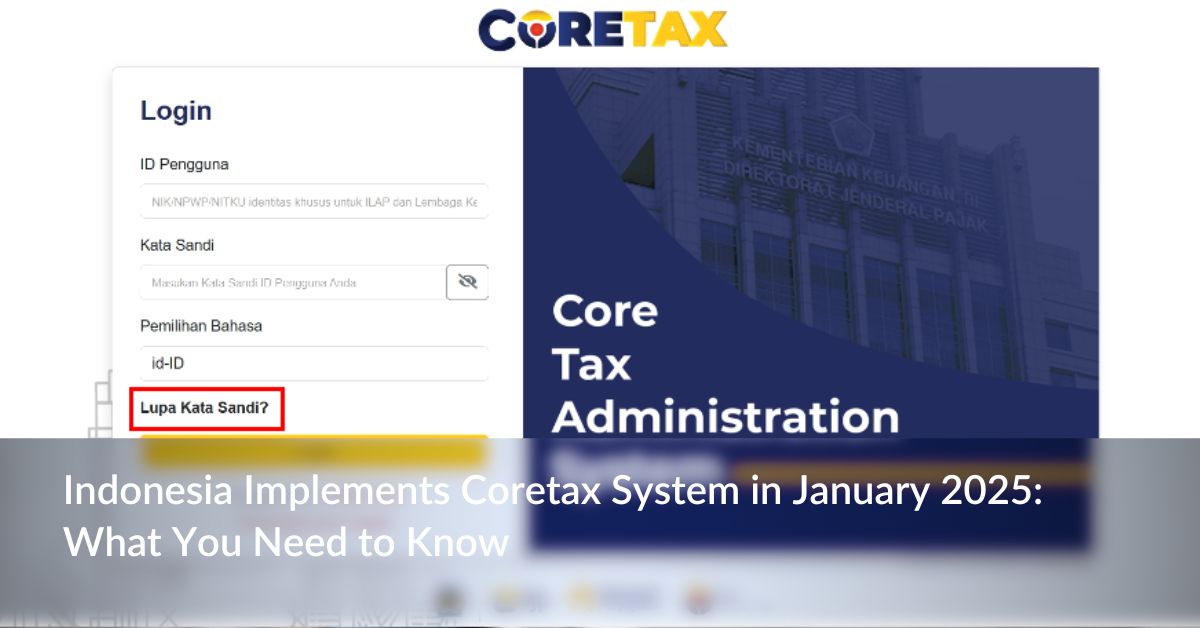The right to build, also known as “Hak Guna Bangunan” in Indonesia, is an important aspect of property ownership. Understanding this right is critical for both domestic and foreign investors interested in the Indonesian real estate market. This right allows individuals to build and develop structures on a specific plot of land.
However, it is important to note that the right to build is subject to government regulations and requirements. In this article, we will delve into the complexities of Indonesia’s right to build and address the key factors that potential investors should be aware of.
Understanding the concept of the right to build
In Indonesia, the Right to Build refers to an individual’s or a corporation’s legal right to construct structures on a plot of land. It is a fundamental aspect of property rights that guarantees property owners the freedom to develop their land within the parameters set by local regulations.
This concept has become essential for developers to understand because it allows them to navigate the complex process of obtaining permits and adhering to building codes. By encouraging investment in real estate and infrastructure, the Right to Build also promotes economic growth and urban development.
How does the right to build differ from other land rights?
In Indonesia, the Right to Build refers to the legal permission granted to individuals or entities to construct buildings on land they own or occupy. This right differs from other land rights, such as the Right of Ownership or the Right to Use, in that it focuses on the construction aspect.
While the Right to Build allows for the physical development of land, it is important to note that it is subject to zoning laws, safety standards, and environmental requirements, which are enforced by the government.
How can foreigners obtain the right to build in Indonesia?
The legal permission required by foreigners to construct and own buildings in Indonesia is referred to as the Right to Build. Foreigners must meet certain criteria and follow a specific process in order to obtain this right. They can form a joint venture with an Indonesian partner or form a foreign investment limited liability company (PT PMA).
Permits and licences are required, and the investment must meet the minimum capital requirements. Furthermore, foreigners face restrictions on the types of property they can build, such as having to lease rather than own land in certain sectors.
What are the restrictions on foreign ownership of land in Indonesia?
The restrictions on foreign ownership of land in Indonesia are quite strict. According to the Indonesian Agrarian Law, foreigners are not allowed to own land in Indonesia.
However, they are allowed to build properties on leased land. This leasehold agreement, known as the Right to Build or Hak Guna Bangunan, allows foreigners to have temporary ownership rights over buildings or structures on the land for a period of up to 80 years. This gives foreigners the opportunity to invest in and develop properties in Indonesia without actually owning the land itself.
What are the benefits of obtaining the right to build in Indonesia?
The Right to Build in Indonesia refers to the legal permission granted to individuals or companies to construct buildings or infrastructure within the country. Obtaining this right comes with numerous benefits. Firstly, it provides investment opportunities for both local and foreign entrepreneurs, allowing them to contribute to the growth of Indonesia’s economy. Secondly, it promotes job creation by generating employment opportunities in the construction sector.
Additionally, it enables the development of new residential and commercial spaces, improving the availability and accessibility of housing and services for the population. Moreover, it encourages infrastructure development, which enhances transportation, connectivity, and overall urban development in the country.
The Steps of Registering the Right to Build in Indonesia
What is the process of registering the right to build in Indonesia?
The process of registering the right to build in Indonesia involves several steps. First, the land owner needs to secure a land certificate from the National Land Agency. Then, they must obtain an Environmental Location Permit (Izin Lokasi Lingkungan) from the local government.
Next, they need to apply for a Building Construction Permit (Izin Mendirikan Bangunan) from the regional government. After this, they have to get a Water Management Permit (Izin Pengelolaan Air) and a Building Usage Permit (Izin Pemakaian Bangunan). Finally, they need to register the building with the local government and pay the necessary fees to complete the process.
What are the requirements for registering the right to build?
Several requirements must be met in order to register the right to build in Indonesia. The applicant must first obtain a land certificate from the National Land Agency. This document serves as proof of land ownership. Second, the applicant must submit to the local government a proposal outlining the proposed construction project. This proposal should include information about the construction’s purpose, building design, and estimated costs.
Finally, the applicant must pay all fees and taxes associated with the registration process. Overall, these requirements seek to ensure that the right to build is properly granted and managed.
What documents are needed for the registration process?
Obtaining the right to build in Indonesia necessitates the submission of several documents. The land certificate, or proof of ownership of the land, is the most important document required. Applicants must also present a valid identification card, such as a passport or national identity card. A building plan and design, an environmental impact assessment report, and proof of registration fee payment are also required. To ensure a smooth and successful registration process, it is critical that all documents meet the required criteria.
What is the role of the National Property in the registration process?
In Indonesia, the National Land Agency is crucial in the registration of the right to build. This organisation is in charge of overseeing the entire process and ensuring that all required documentation and requirements are met. They accept and review applications, verify property ownership, and issue ownership certificates.
Furthermore, they keep a comprehensive database of registered land titles, which ensures transparency and makes future transactions easier. The National Land Agency is a trusted authority in the registration process, working to protect property owners’ rights while also promoting a streamlined and efficient system.
How long does it take to complete the registration of the right to build?
The registration process for the right to build in Indonesia entails several steps that must be completed. The registration process usually takes around 30 days to complete. The first step is to gather the required documents and complete the application form. Following that, the application must be submitted to the appropriate authorities, who will review and process it.
Once the application has been approved, the registration process can be completed, and the right to build is officially granted. Overall, depending on the complexity of the case and the efficiency of the authorities involved, the registration process may vary.
Understanding Land Titles in Indonesia
Understanding land titles in Indonesia is essential for anyone looking to purchase or invest in property in the country. One common type of land title is the Hak Guna Bangunan (HGB) title, which translates to “right to build.” This title grants the holder the right to own and develop a building on the land. However, it is important to note that the Hak Pakai (Right to Use) is different from the right to build, as it grants individuals or corporations the right to use and benefit from the land without ownership rights.
Unfortunately, foreigners are not eligible to obtain a Hak Guna Bangunan title, but they can obtain a Hak Pakai title in certain circumstances. The duration of the Hak Guna Bangunan title is usually 30 years, with an option to extend for an additional 20 years. As for the rights and responsibilities of Hak Guna Bangunan title holders, they are entitled to use, lease, transfer, or mortgage the land, while also being responsible for paying land and building taxes.
Foreign Investment and the Right to Build in Indonesia
Foreign investment in Indonesia is regulated by the Indonesian Investment Coordinating Board (BKPM) and the Investment Law of 2007. To attract foreign investment, Indonesia has relaxed regulations on foreign ownership and allowed foreign investors to fully own and operate projects in certain sectors.
However, in the real estate sector, foreign investors are required to partner with a local entity or individual to obtain the right to build. This requirement ensures that local participation is promoted and benefits are distributed to the local economy. The benefits of foreign investment in the Indonesian real estate sector include job creation, technology transfer, and increased infrastructure development. Foreign investment is open to both individuals and legal entities, such as limited liability companies or partnerships.
The Role of Indonesian Law in the Right to Build
The right to build in Indonesia is governed by several key laws such as the Spatial Planning Law, Building Law, and Agrarian Law. These laws outline the procedures and requirements for obtaining construction permits and ensure compliance with zoning regulations. Indonesian law also protects the rights of foreign investors by allowing them to own land through acquisition or long-term lease agreements.
However, foreign investors are obligated to comply with certain regulations, such as obtaining an investment permit and engaging in partnerships with local entities. Land ownership in Indonesia is regulated by the Agrarian Law, which distinguishes between different types of land rights. Indonesian citizens have the right to own land and are given priority in land acquisition, although certain restrictions may apply.
Found this article interesting? Then check out our other useful articles about home loan mortgage here!
Exploring Possibilities of The Expat Mortgage in Indonesia
Your Path to Property Ownership: Essential Steps for Obtaining Mortgage in Indonesia
Decoding Indonesian Mortgage Products: The Essential Guide for Homebuyers
Top Banks that Partnered with LetsMoveIndonesia for Mortgage
Get Your Desired Mortgage with LetsMoveIndonesia: What You Need to Know











